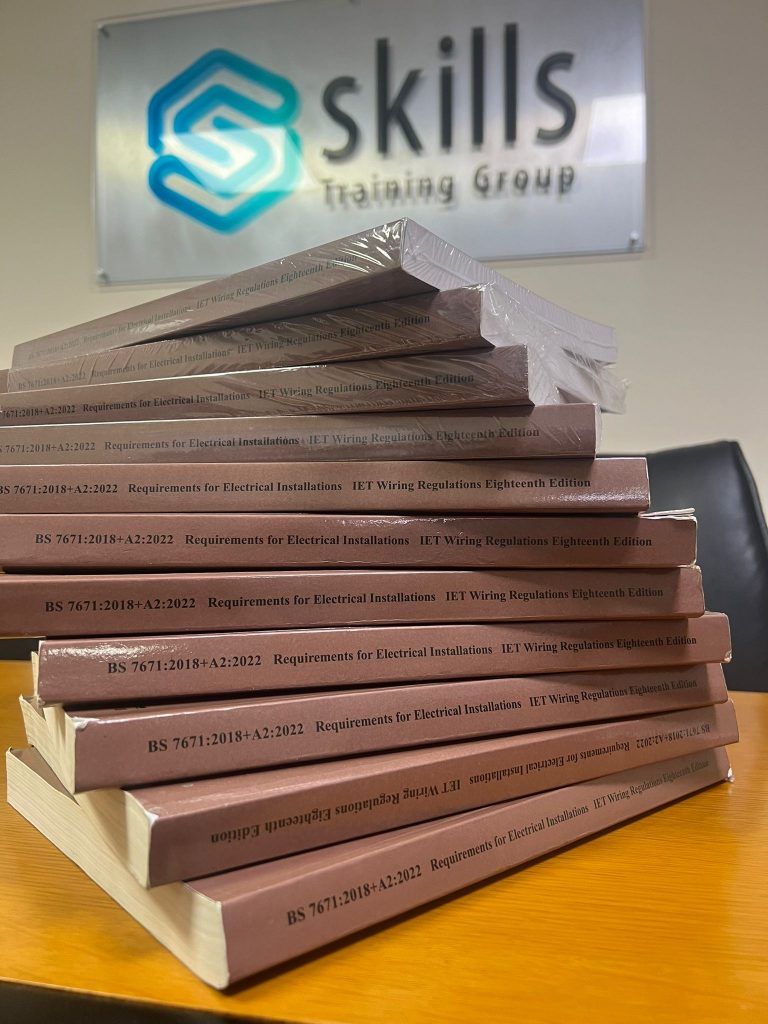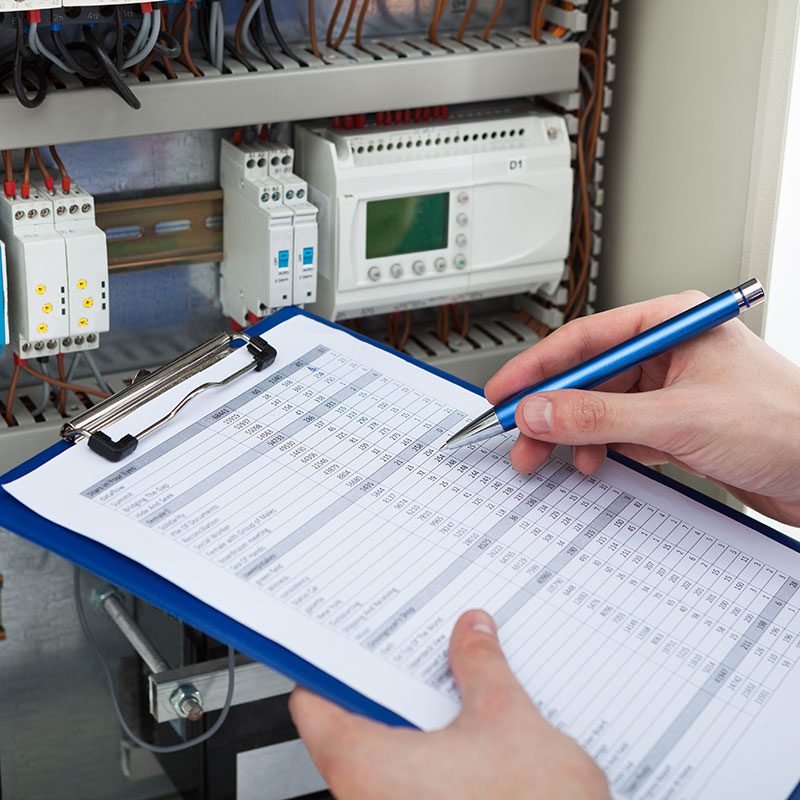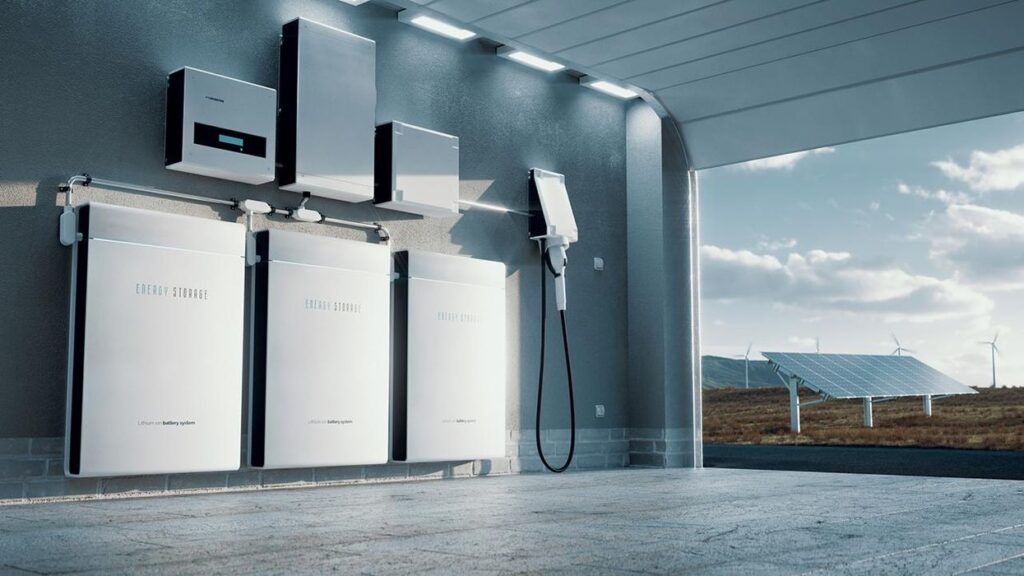Course overview
The qualification covers a range of topics, including safety considerations for working with electrical systems, components of photovoltaic systems, principles of photovoltaic power generation and the practical skills needed to install and maintain small scale systems. Upon successful completion of the qualification, learners will be able to demonstrate their competence in photovoltaic system installation and maintenance and apply for registration with the MCS.
Solar PV Entry Requirements
To undertake this course, you should fit the following entry requirements:
- Level 3 Electrotechnical vocational qualification
- Hold a valid level 3 certification in the BS7671:2018 Requirements for Electrical Installations (18th edition).
- Hold a valid Initial Verification and Certification of Electrical Installations at the level 3 qualification.
Solar PV Exams
A practical observed assignment and one online assessment with multiple choice and multiple response questions are used for assessment. The examinations are open-book and based on the relevant regulations & standards.
Modules breakdown
- Understand the risks to one’s health and safety, as well as the safe work systems associated with solar photovoltaic system installation.
- Understand the applicable regulations/standards’ requirements for practical installation, testing, and commissioning activities for solar photovoltaic system installation work.
- Understand the fundamental distinctions between AC and DC circuits in solar photovoltaic systems.
- Understand the function of solar photovoltaic system components.
- Understand the different types, silicon properties, and typical conversion efficiencies of solar photovoltaic modules.
- Understand the fundamental design principles that are used to determine the size and position of solar photovoltaic system module arrays.
- Understand the prerequisites for solar photovoltaic system installation work.
- Understand the layouts and specifications for installing solar photovoltaic module arrays.
- Know the DC and AC circuit installation layouts for solar photovoltaic systems within the scope of the relevant Engineering Recommendation for grid-tied systems.
- Understand the techniques and components used to protect solar photovoltaic systems.
- Understand the requirements for testing and commissioning solar photovoltaic systems.
- Understand the requirements for solar photovoltaic system handover.
- Understand how to plan and prepare for a solar photovoltaic system installation.
- Understand how to assemble solar photovoltaic system components.
- Understand how to inspect and test a newly installed solar photovoltaic system.
- Understand how to install a new solar photovoltaic system.
- Understand how to hand over the installation of a new solar photovoltaic system.
- Understand the requirements for routine solar photovoltaic system inspection, service, and maintenance.
- Understand how to troubleshoot solar photovoltaic system installations.
- Understand how to repair faults in solar photovoltaic systems.
- Understand how to perform routine service and maintenance on a solar photovoltaic system installation.
- Understand how to perform fault diagnosis on solar photovoltaic system installations.
- Understand how to perform fault rectification on solar photovoltaic system installations.


